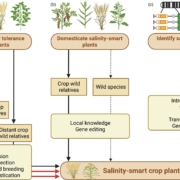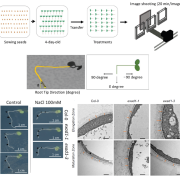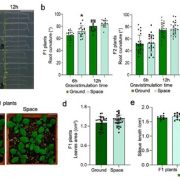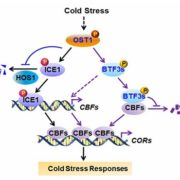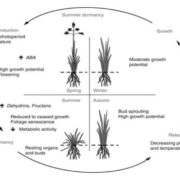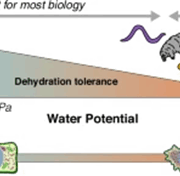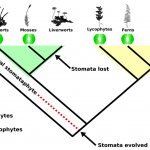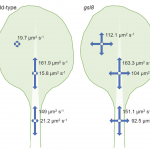Aquaporins act in concert to regulate cold acclimation and freezing tolerance (Plant Cell Physiol.)
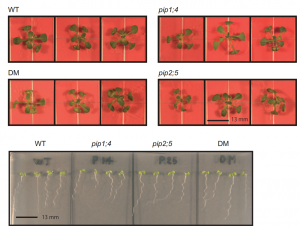 Aquaporins, also known as plasma membrane intrinsic proteins (PIP), are a large group of transporters that facilitate water transport through membranes. In this article, Rahman et al. explored the role of aquaporins in the cold stress response. They found that two aquaporin genes, PIP1;4 and PIP2;5, have increased expression in cold-acclimated plants compared to non-acclimated plants. In either pip1;4 or pip2;5 single mutant, the other gene’s expression increased, which suggests they have redundant roles. To eliminate the redundancy and elucidate the functional role of PIP1;4 and PIP2;5 in cold acclimation and freezing tolerance, authors used homozygous double mutants (pip1;4 pip2;5) and found that other aquaporin genes are up-regulated, which indicates the involvement of multiple aquaporins along with PIP1;4 and PIP2;5 in the cold responsive pathway. Single (pip1;4 and pip2;5) and double (pip1;4 pip2;5) mutants are sensitive to freezing temperature in terms of root elongation. This study illustrates that aquaporins work in concert for the cold stress response and opens an interesting research avenue. (Summary by Arif Ashraf @aribidopsis) Plant Cell Physiol. 10.1093/pcp/pcaa005
Aquaporins, also known as plasma membrane intrinsic proteins (PIP), are a large group of transporters that facilitate water transport through membranes. In this article, Rahman et al. explored the role of aquaporins in the cold stress response. They found that two aquaporin genes, PIP1;4 and PIP2;5, have increased expression in cold-acclimated plants compared to non-acclimated plants. In either pip1;4 or pip2;5 single mutant, the other gene’s expression increased, which suggests they have redundant roles. To eliminate the redundancy and elucidate the functional role of PIP1;4 and PIP2;5 in cold acclimation and freezing tolerance, authors used homozygous double mutants (pip1;4 pip2;5) and found that other aquaporin genes are up-regulated, which indicates the involvement of multiple aquaporins along with PIP1;4 and PIP2;5 in the cold responsive pathway. Single (pip1;4 and pip2;5) and double (pip1;4 pip2;5) mutants are sensitive to freezing temperature in terms of root elongation. This study illustrates that aquaporins work in concert for the cold stress response and opens an interesting research avenue. (Summary by Arif Ashraf @aribidopsis) Plant Cell Physiol. 10.1093/pcp/pcaa005
[altmetric doi=”10.1093/pcp/pcaa005″ details=”right” float=”right”]


